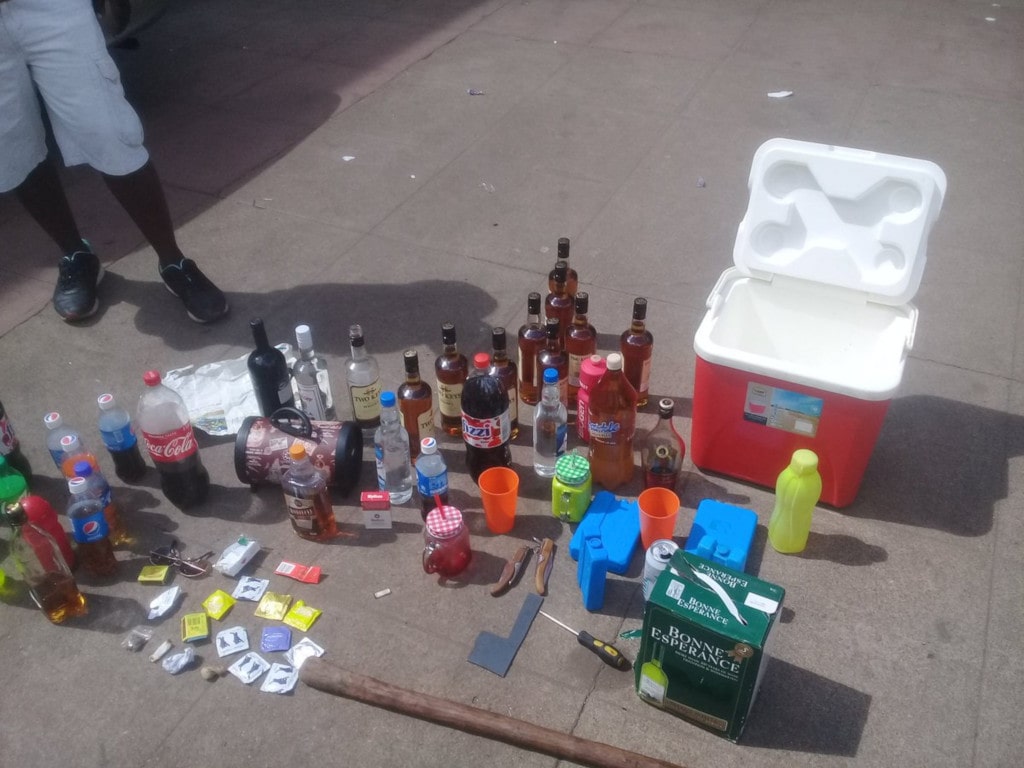Over the last few days of the “April” holiday, a number of youths were arrested by the police for criminal nuisance. These youths were apparently trying to throw what are known as vuzu parties. Vuzu parties are wild parties usually organised by school going children on the on or around the last Saturday before schools open.
A lot of parents and authorities worry about these parties. Many of them often involve illicit drugs, underage drinking and inappropriate sexual activities that can turn into drug and drink-fueled orgies. Earlier on 2 May, the Officer Commanding Bulawayo Central District Chief Superintendent Elizabeth Phiri had convened a meeting with several stakeholders and issued a warning that vuzu parties would be clamped on.
Subsequently, about 131 youths, including one 13-year-old boy and 15 girls, were arrested and brought to court on Monday. Three of these were convicted of their own plea and sentenced to three months in prison. These sentences were, however, wholly suspended on condition that the three men, Bhekimuzi Moyo, 20, Prichard Sibanda, 22, and Alex Ndlovu, 20, complete 105 hours of community service. Six others escaped with a caution. The majority, who were underage were let go.
Last week on Friday the Bulawayo Progressive Residents Association (BPRA) organised an #AntiVuzu stakeholders’ meeting at City Presbyterian Church. Thamsanqa Ndlovu, chairman of Parents Youths Association of Zimbabwe, appealed to all stakeholders to act and stop the vuzu party culture:
The city council, through its housing and community services department, made a policy document on February 9, 2012, named the Sustainable Economic Development Initiative and is meant to benefit youths.
As parents, we need to implement the document to alleviate the scourge of drug and sexual abuse among youths.
We need to engage the youth and find ways of modernising Youth Centres so that they meet their needs.
Members of Parliament must also be put to task because the country’s constitution has provisions for reasonable measures and affirmative action that should be taken to deal with the youth.



